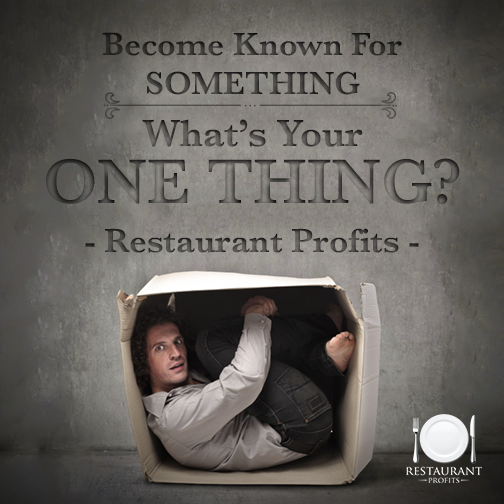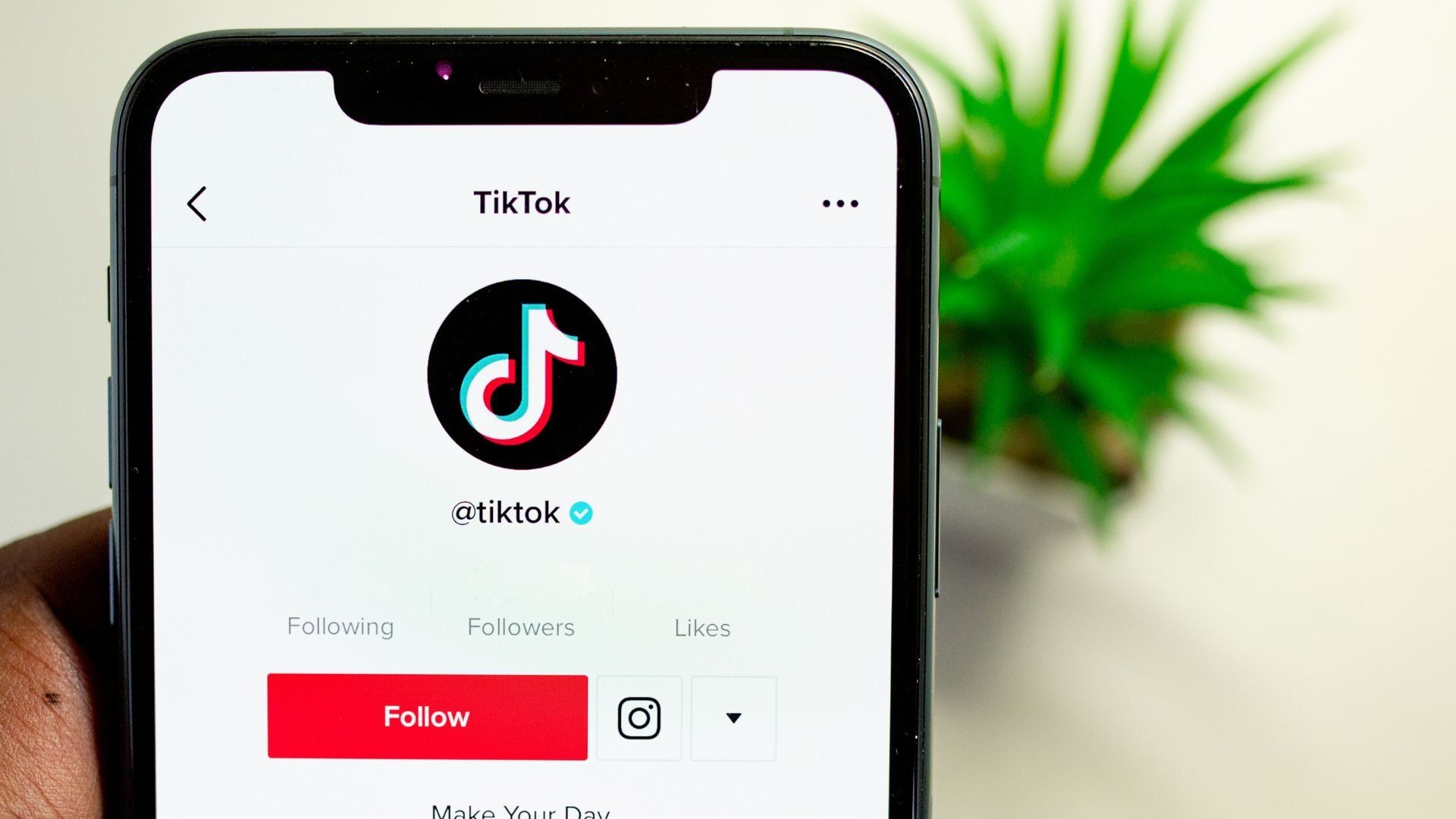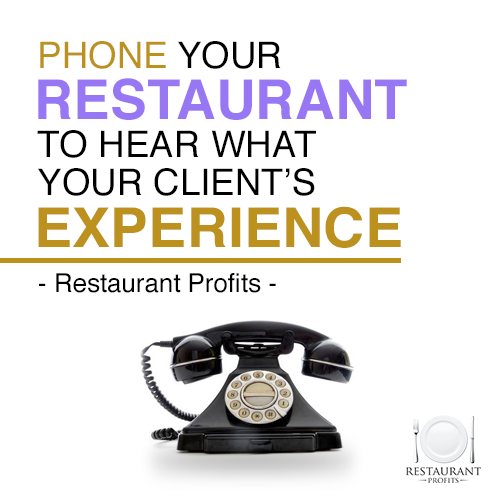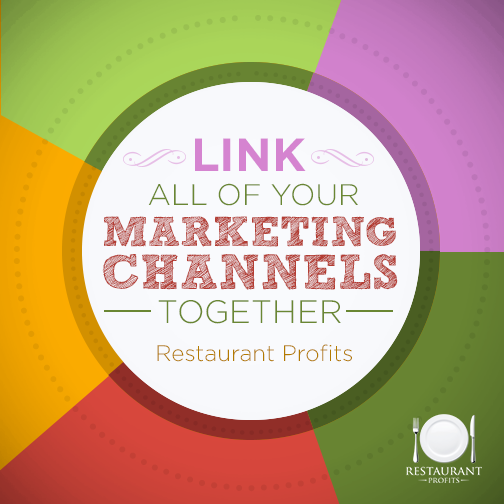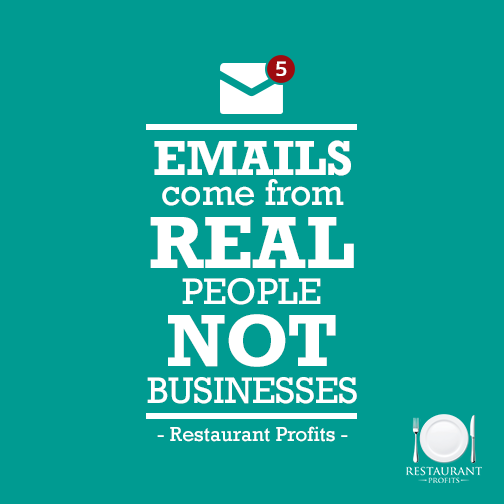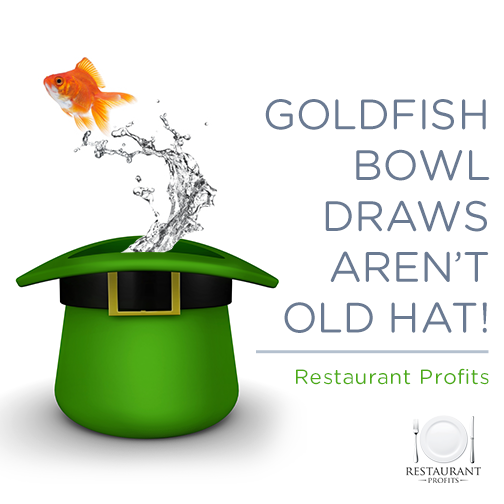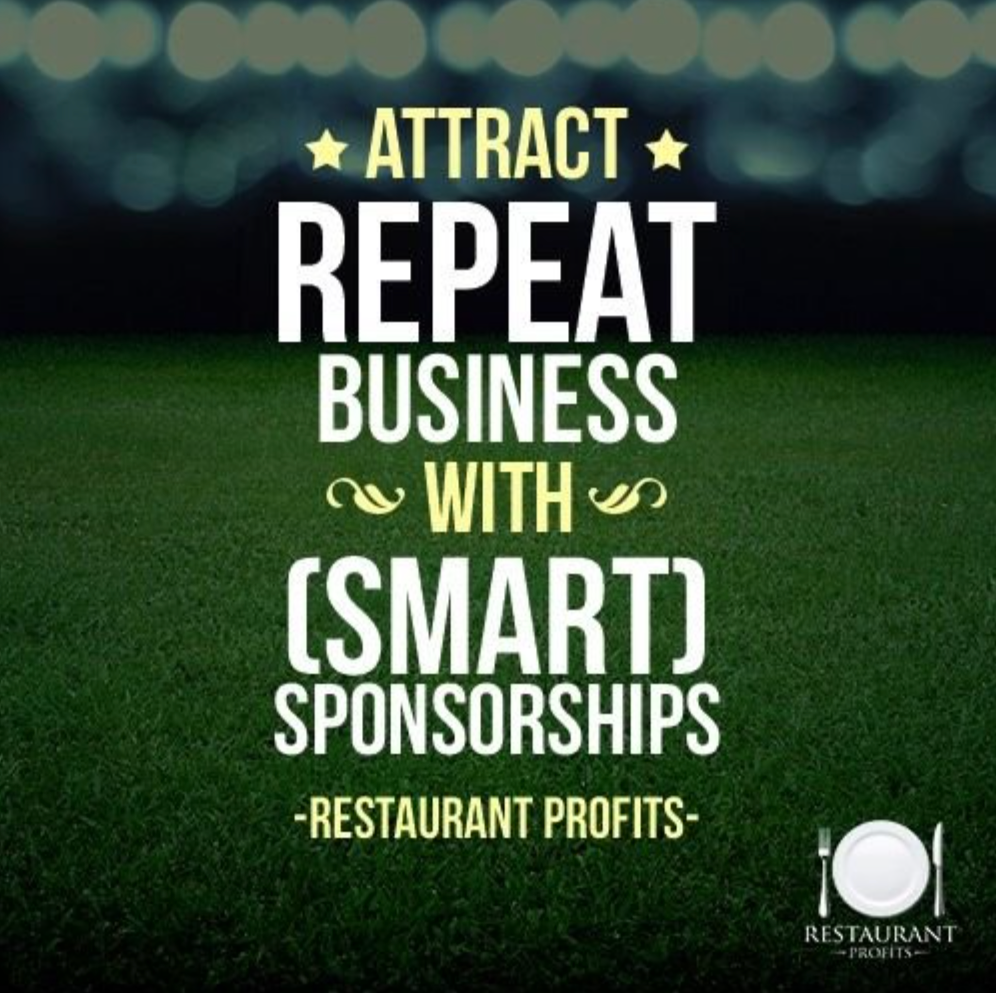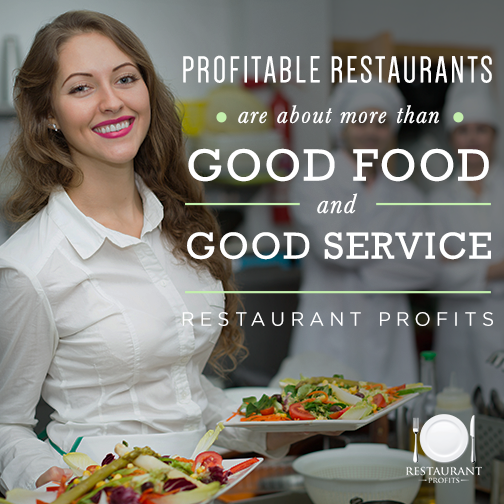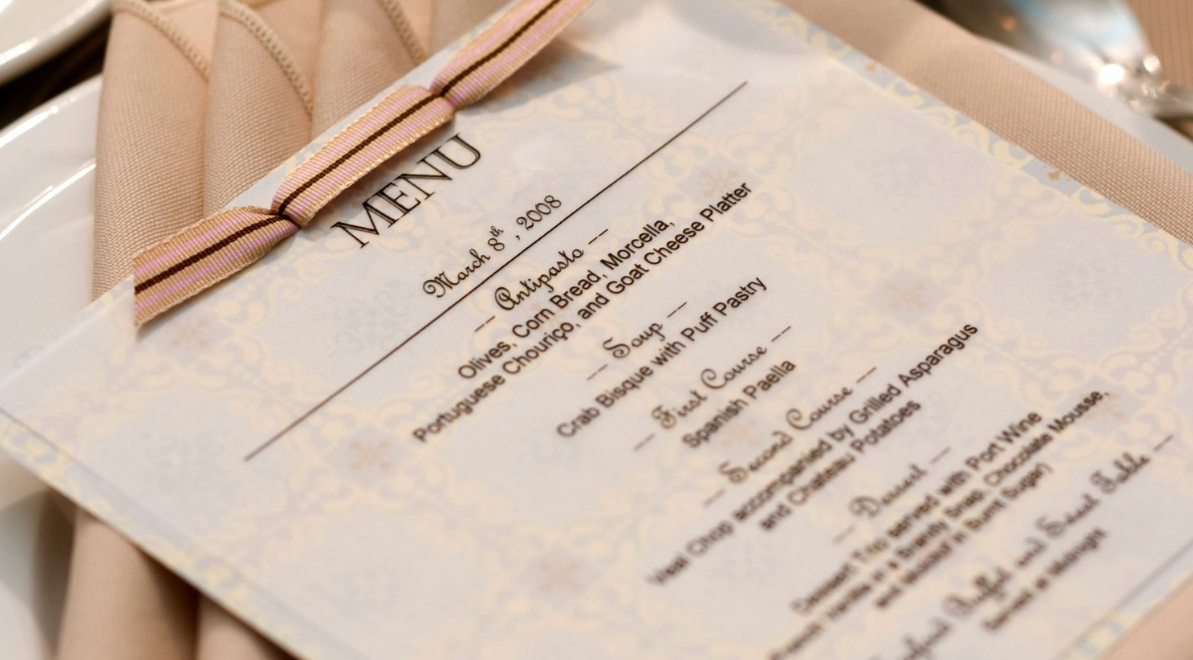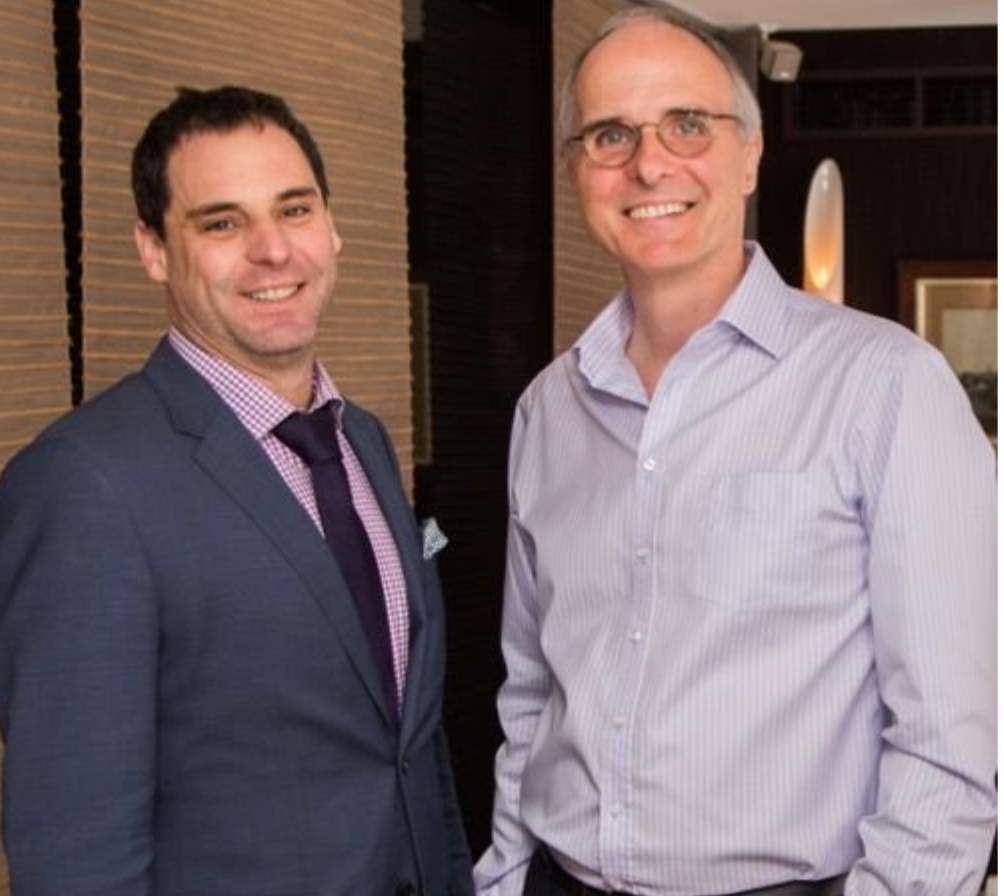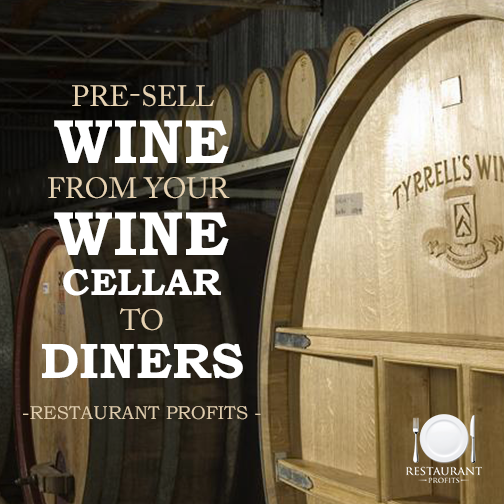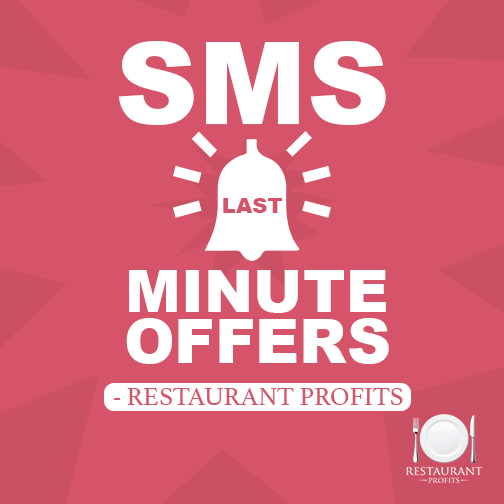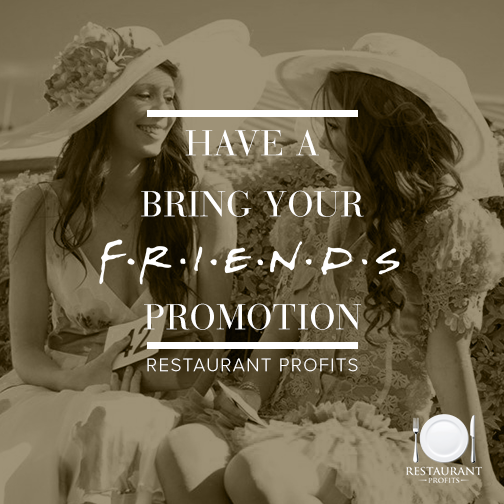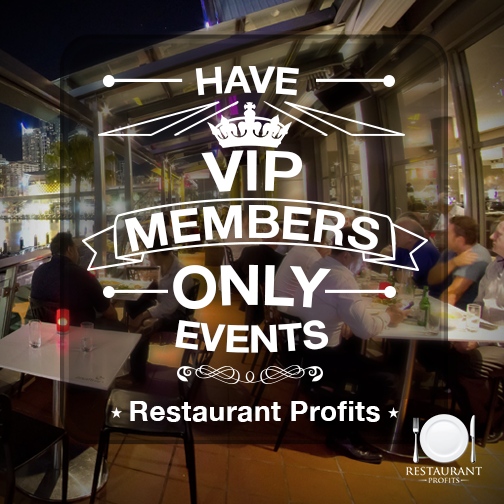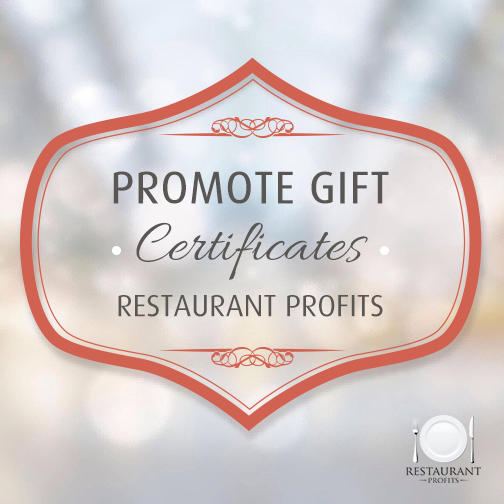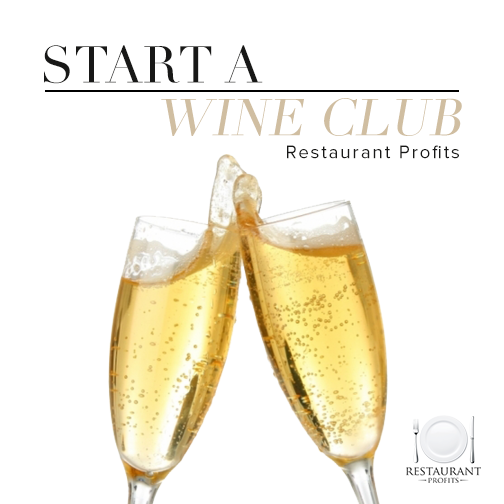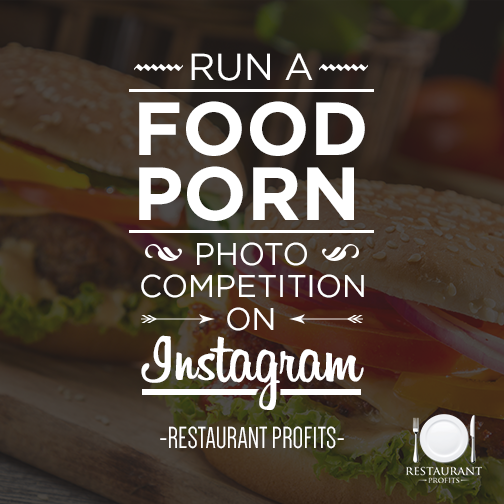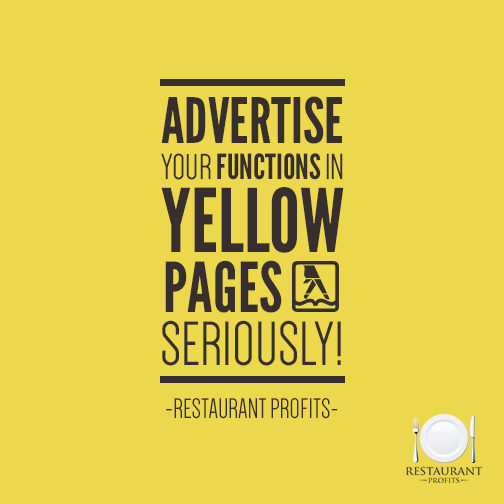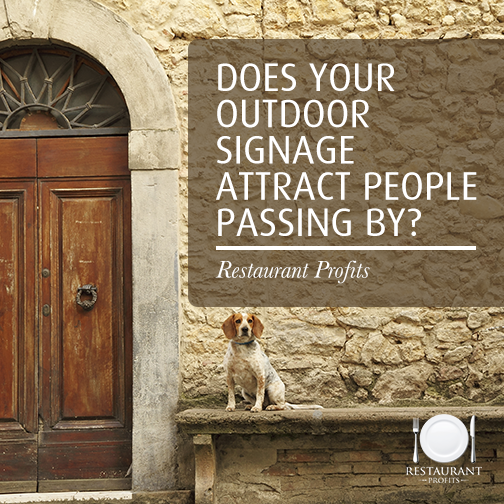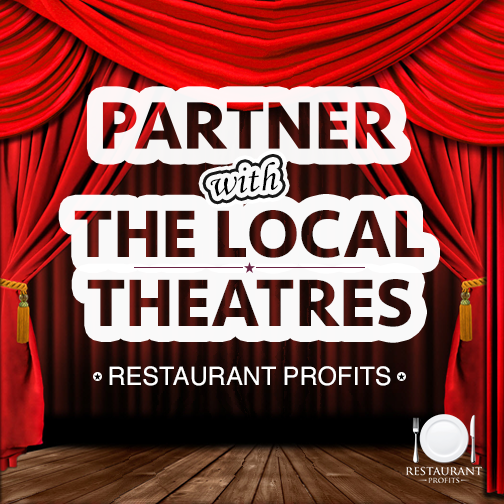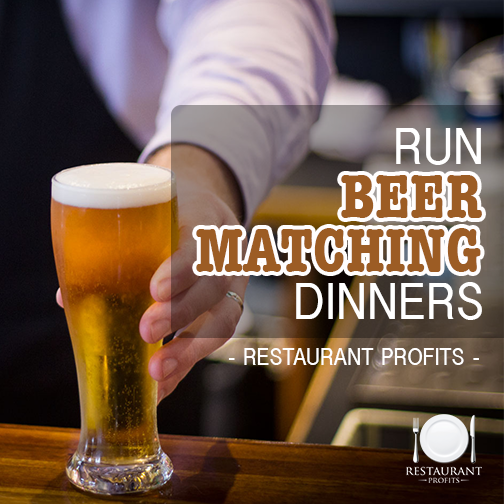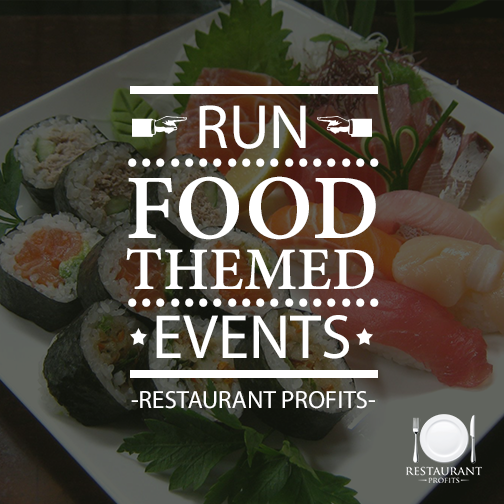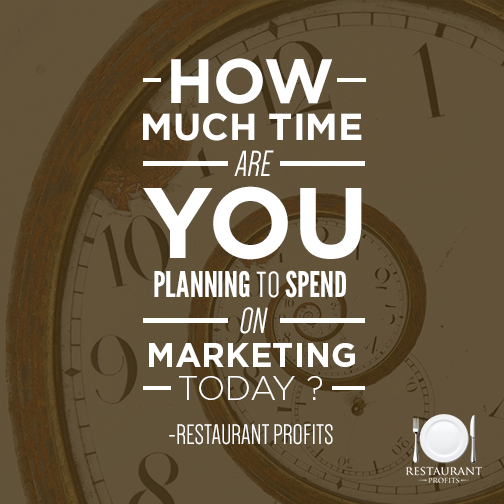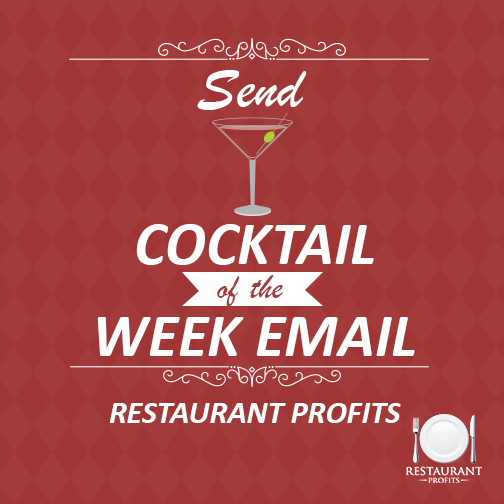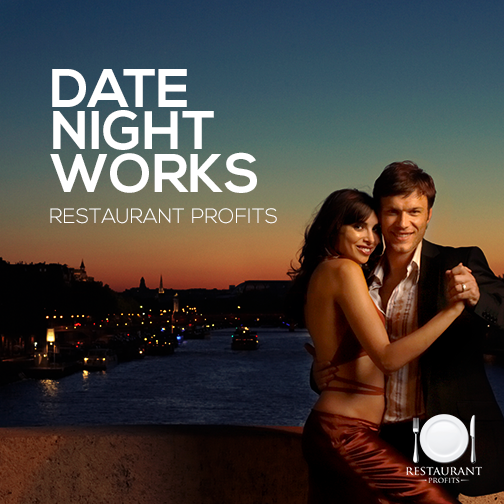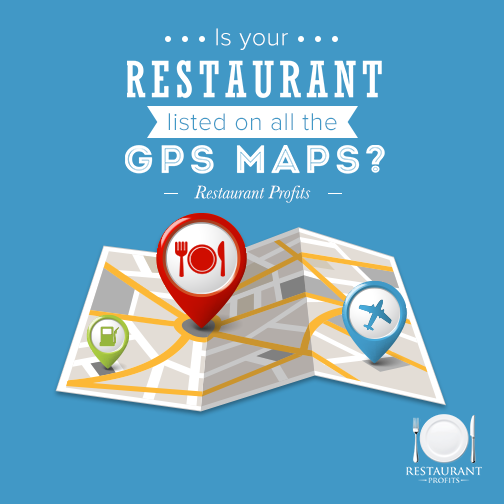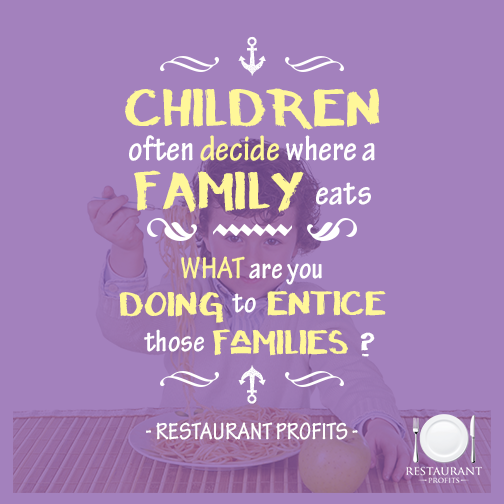Learn Why Good Food And Service Are Not Enough To Keep Your Business Afloat
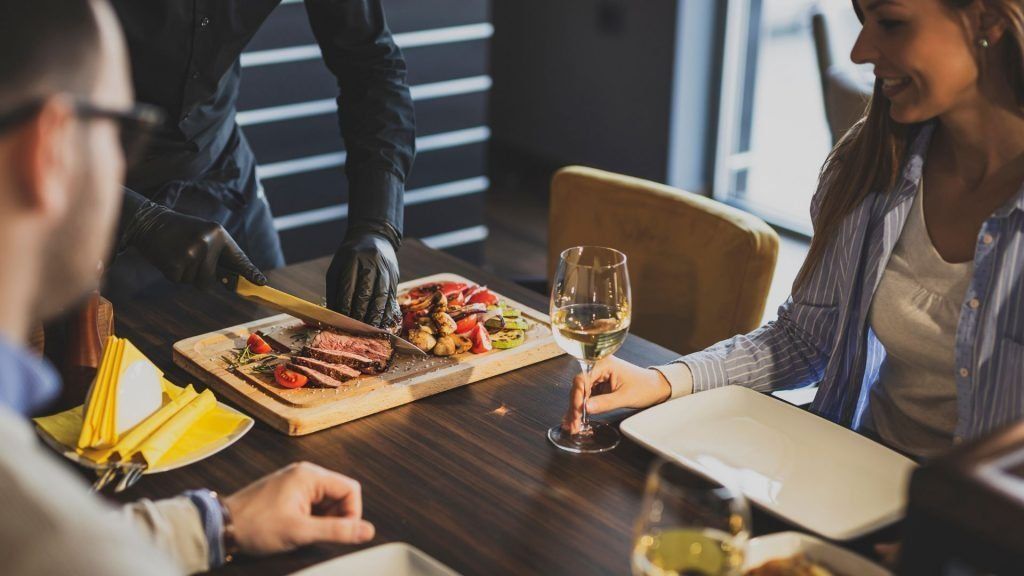
In a perfect world, providing your customers with good food and service should be enough, but it isn’t. Every year, hundreds of restaurateurs who have good food and good service close their doors for the last time. Their businesses, dreams, and lives are often left in ruins because they never got over this obstacle.
Even great food and service don’t guarantee success. Remember Gordon Ramsay’s Maze restaurant in Melbourne? It did $14 million in sales in its penultimate year and still closed with debts. Tony Bilson’s Bilson's Restaurant, which received its third chef’s hat in 2011, closed four days later.
There is more to the restaurant business than having a good product, and in order to be successful, you must get over this obstacle!
Shifting to a repeat business mindset will challenge your old beliefs, and believe me, until you see the money coming in as a result, this will be tough! Old habits die hard and you are going to have to wrestle with yourself and maybe other well-meaning people to change your behaviour and maintain your course, but it will be worth it.
Getting a repeat customer sometimes means losing money up front, giving food away, discounting your products, and "looking like" you are desperate.
Warning: Many restaurateurs and chefs are so concerned with what they “look like” (ego) that they stick with the broken transactional model. At some bizarre level, they decide it is better to “look good” and hope things magically work out for them than to do something that “looks bad” but actually makes them profitable. By the way, “hope” and “magically” aren’t words to use in your business plan.
This is where most people wimp out, but please let me remind you that transactional business makes you money now, not much, but some. The repeat business model gives you the chance to create customers for life . It makes you money now, and more importantly, it will make you wealthy in the future too.
Restaurateurs who realise the power of "back-end, repeat business marketing" are even willing to buy customers so they can turn them into repeat business... Now that might seem crazy, but let’s explore it. You are probably already buying customers – yes really.
If you currently rely on "a transactional business model" and you take an ad out in a local paper, which costs you say $500, and you get 30 people to visit from that ad (which is probably generous but let’s stay with 30), then you have paid $16.67 for each one of those people. If they spend $100 with you and you have a net profit of 10%, then you have just lost $6.67 per visit or $200.10 from that marketing piece!
If like some restaurateurs, you use a PR company that charges you $4,000 a month for getting your restaurant editorial in magazines and newspapers, and those pieces send you 200 people (again, I think this is unlikely, but let’s be optimistic), then you have just paid $20 per person, which with the same scenario as above, you would lose $10 per person or $2,000.00 from that marketing strategy!
Even though it’s not obvious, in both scenarios you are actually buying customers for $6.67 and $20.00, respectively.
Now, is this a bad thing? Well, that depends. If you don’t have a system in place that encourages a large percentage of those customers to come back again, then it is a bad thing and is another reason why restaurants go bust. They often lose money every time they do a marketing piece.
However, if you have a strategy in place that encourages a large percentage of those customers to come back again and again, repeatedly, then depending on your business figures, it could be a very good thing. I actually have clients who have paid over $20.00 to acquire a customer because they have repeat business strategies in place. Those customers have been worth thousands of dollars to them within weeks.
This obviously leads to a lot more discussion about WOWing the customer and systems for getting them back into your restaurant. For now, please understand that making money from your restaurant is more than simply having a good product.
It’s not about the food! (Chef’s love this one!)
Okay, this sounds a lot like what’s already been said, but it’s slightly different and really important, especially if you are a chef or you employ a chef with a strong personality and/or management responsibilities.
Firstly, let me make a point. I really admire chefs for their ability to do their job right 100% of the time and under such extreme pressure, time, and resource constraints.
A great example of this is one of my clients who is a chef. He ran six weeks of 10-course degustations for groups of 100 people to celebrate his restaurant’s 10th birthday. His ability to serve 1,000 perfect dishes night after night, without missing a beat... and the skill to lead his team to achieve this, gives him hero status in my eyes.
However, because a chef can do something like this doesn’t mean he or she understands marketing, sales, psychology, or how to work the front of house. Yes, he or she gets massive credit for running the back of the house, keeping costs down, ordering supplies, doing rosters, and performing miracles in the kitchen, but that’s where his or her influence ends — sorry! By the way, this chef/owner "gets" this, so this is not a comment about him.
Marketing is about two things: psychology and maths . Let’s focus on psychology here. Getting someone into your restaurant means you have to focus on that "someone" and know what is going to make them give you their money on many occasions.
Your focus has to be on what motivates the person, not on the food that comes out of the kitchen . This is not to say that you don’t have to have great food! But only a tiny percentage of people buy from a restaurant just because of the food.
Want to know more about marketing your restaurant? Book in for a quick, no-obligation chat with Howard by clicking the button below.



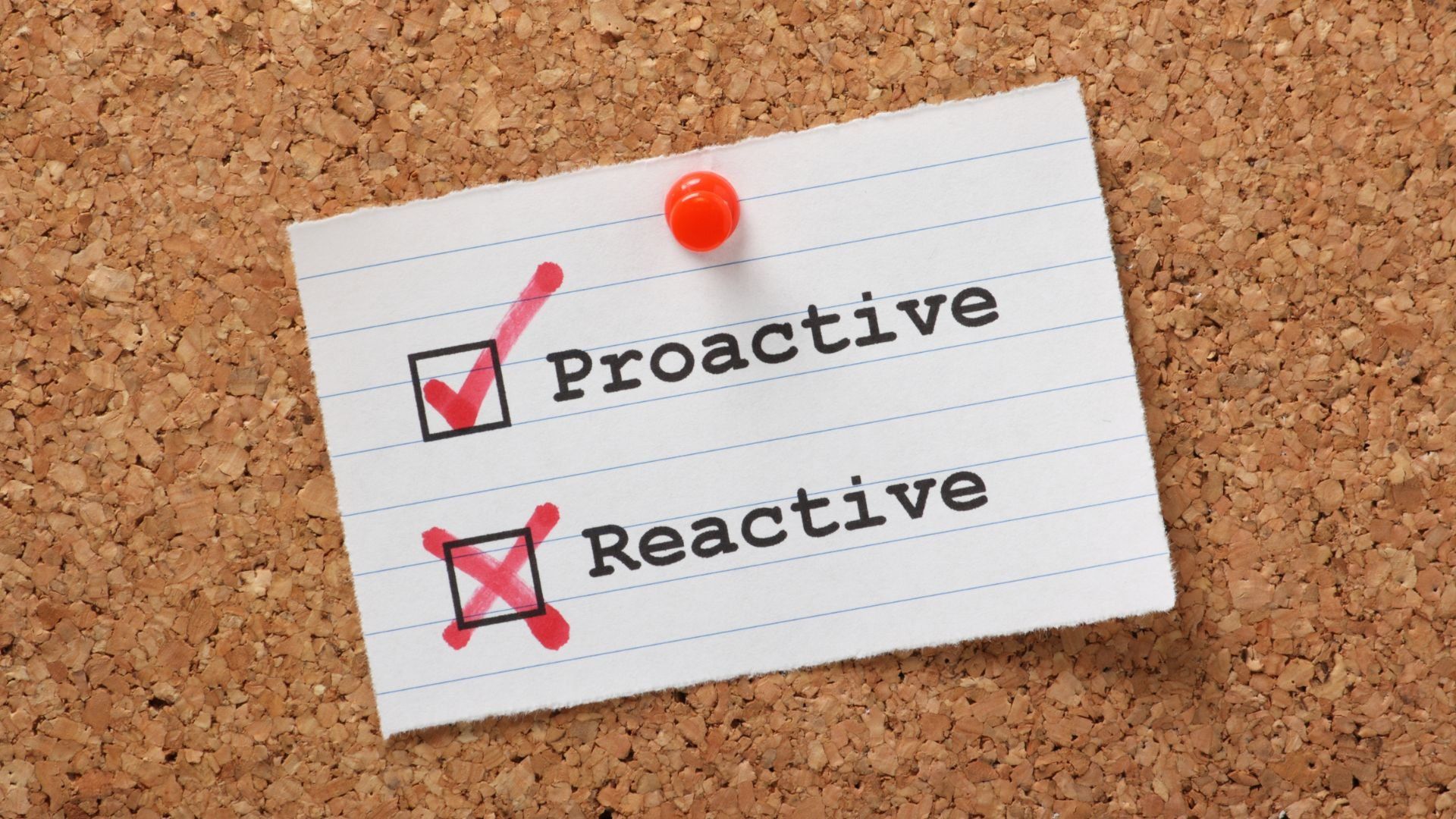
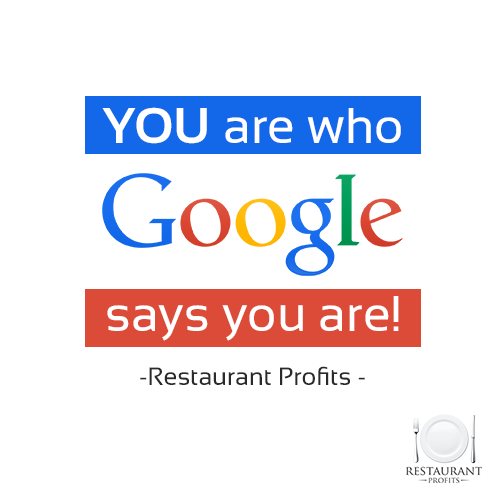
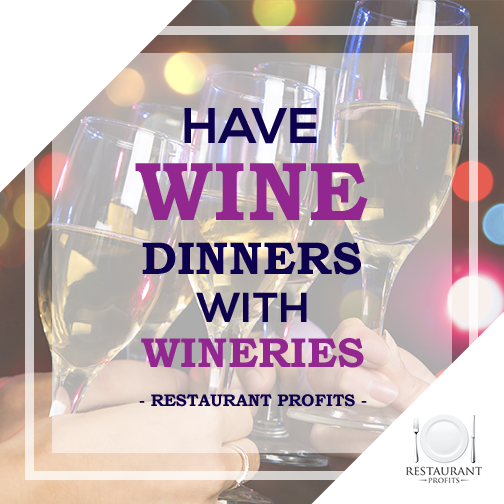
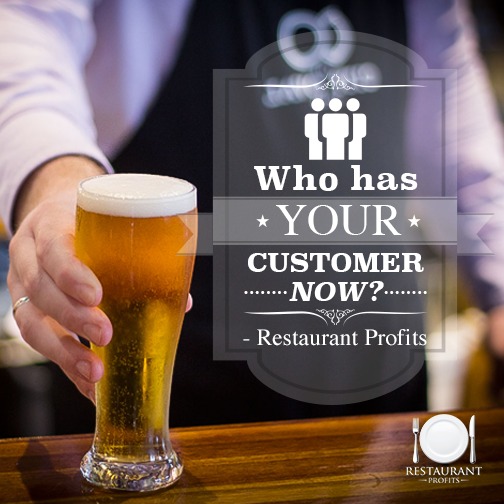
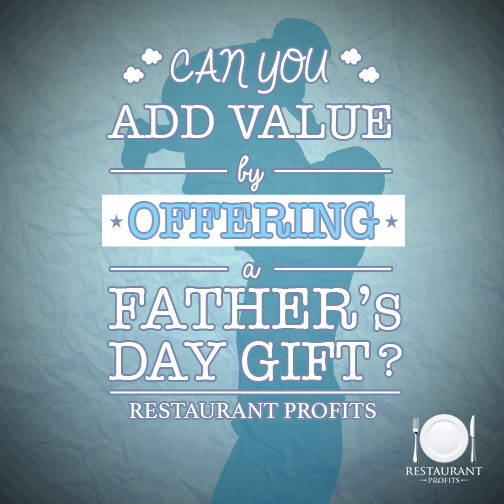
QUICK LINKS
LINKS
Privacy Policy
Earnings Disclaimer
All Rights Reserved | Restaurant Profits

